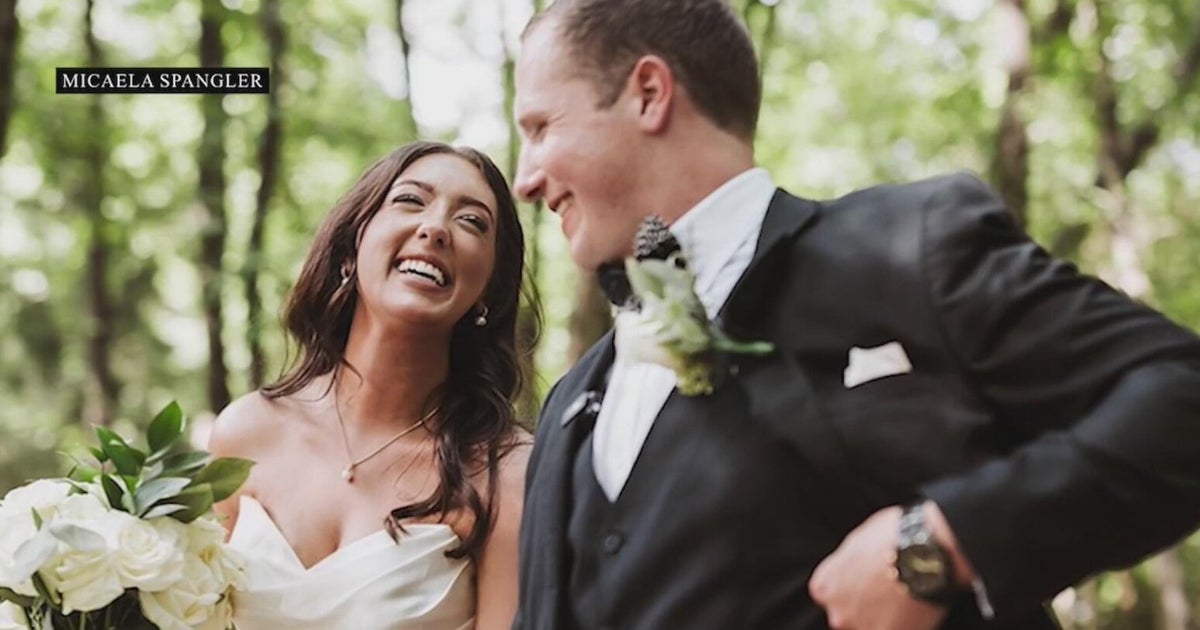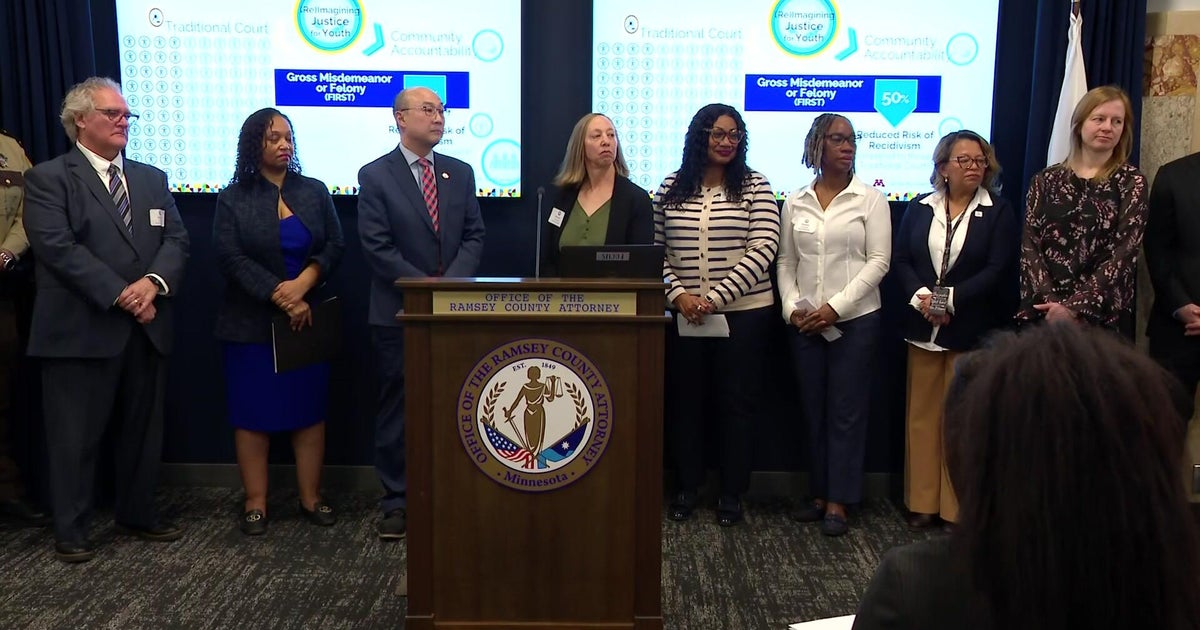Some Experts Say 'Tapping' Can Reduce Emotional Stressors
CHICAGO (CBS) -- Imagine being able to zap all your stress away with a simple tap of your fingers.
A new type of therapy is gaining popularity to relieve anxiety, phobias and even headaches. It sounds too good to be true, but people who've tried it swear it works.
"I was full of embarrassment, full of shame," says Anita Lieberman, who lived with a phobia so severe she kept it a secret for 40 years.
She hadn't been to a dentist since she was 18. It wasn't until her teeth started falling out that she worked up the courage to tell her therapist.
"She was more afraid of going to a dentist than death," says Kiya Immergluck, a licensed clinical professional counselor.
But rather than treat her with traditional psychotherapy, Immergluck tried "EFT," or emotional freedom technique, also known as "tapping."
The alternative method involves stimulating acupressure points on the bottom of the hand, face, ribs and head, while focusing on what's stressing you out.
"After two weeks of tapping, I walked into a dentist's office," Lieberman says.
That was six years ago. Since then, Immergluck has successfully used tapping to treat a variety of patients from children to the elderly. She admits it sounds crazy until you try it.
"The best way to explain it is just to do it," she says. "If you tap your own acupressure points, you'll feel your energy shift and it works."
A study in the "Journal of Nervous and Mental Disease" did find that stress and hormone levels dropped 24 percent after tapping, but not all researchers are convinced. The American Psychological Association has yet to embrace the technique and is calling for larger studies.
"My idea is: whatever works, whatever works for the person," Immergluck says. "I don't care about the research."
Lieberman agrees.
"You know people say to me, 'You have a beautiful smile,' and I'm still so grateful for this," she says.
You don't have to be a licensed psychotherapist to perform tapping. While the APA is slow to embrace it, acupuncturists and other non-licensed counselors are performing it more often. Plus, you can also do it to yourself, by yourself.







